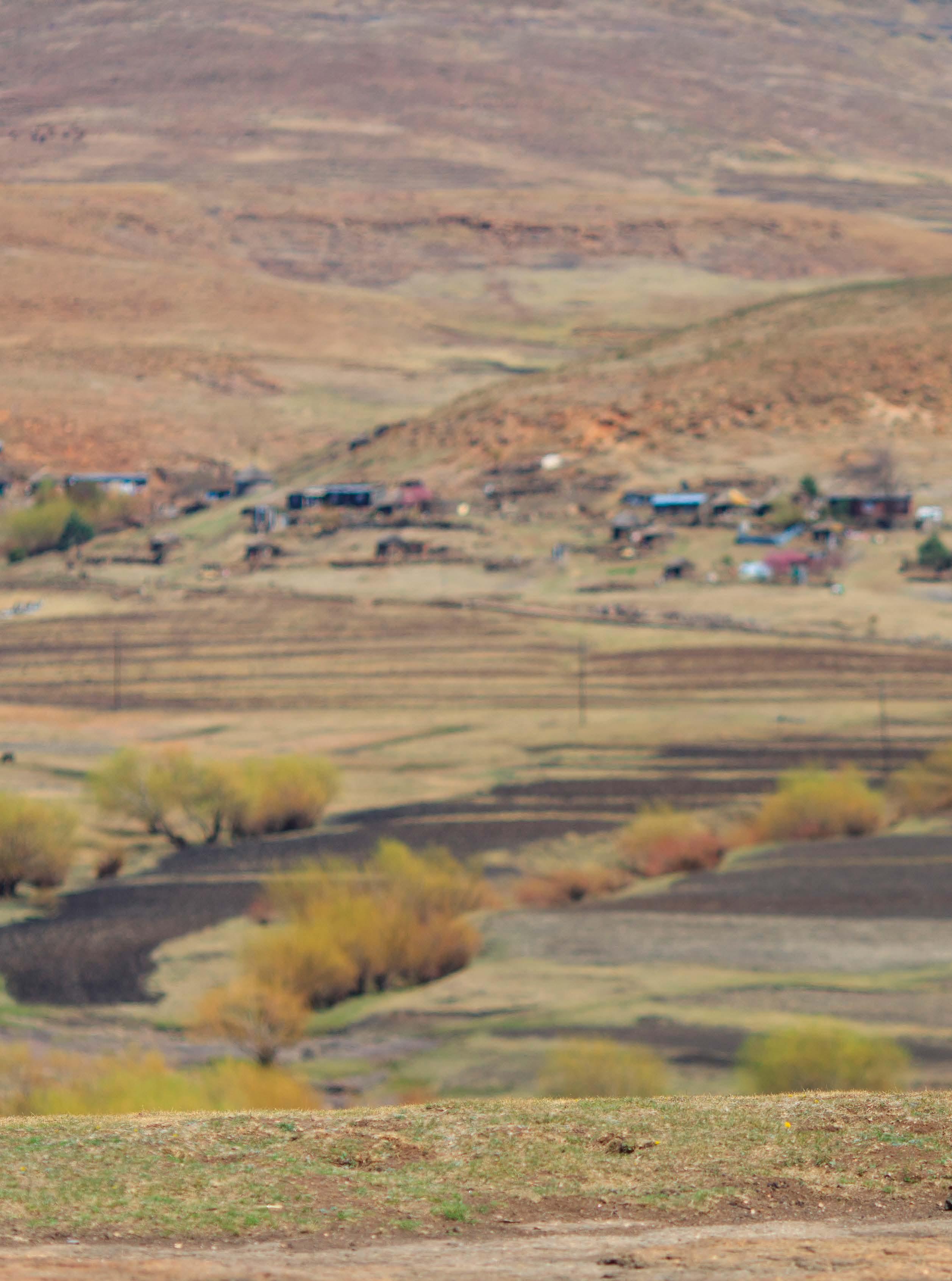
13 minute read
A Slip of the Tongue
by Philippa Rose-Tite Research Assistant: Roxanne Smith of theslip tongue
“If you talk to a man in a language he understands, that goes to his head, but if you talk to him in his language that goes to his heart.” – Nelson Mandela
Advertisement
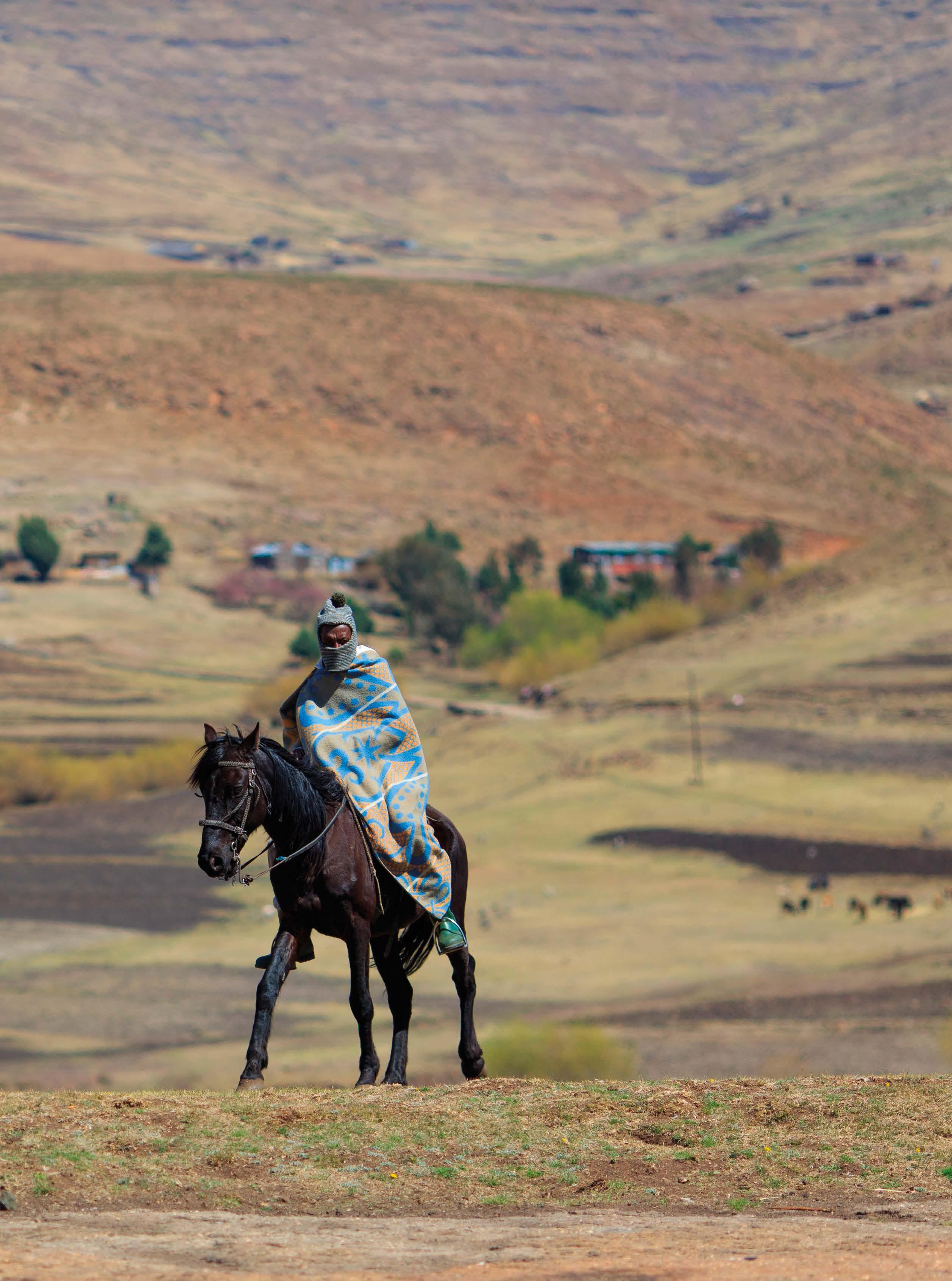
South Africans were astounded when their government chose 11 official languages. “It’s untenable” – they cried, “Unreasonable to expect government to communicate in 11 official languages. Imagine the additional costs of all that printing, interpreting and general upkeep.
How third world, how African!” Except, it isn’t. Countries all over the world do in fact have more than one official language, with two seeming to be the standard. That isn’t to say that more languages aren’t spoken, just that very few are officially recognised. Our northern neighbour, Zimbabwe, holds the record for official languages at 16, but Papua New
Guinea has more than 800 unofficial languages, so our 11 pale in comparison.
The 1994 government had a good reason for wanting to include as many languages into the official lexicon as possible.
A decision that has - in hindsight -proven correct. For South
Africans, a language isn’t limited to what you speak: it’s your heritage, it’s in your blood, it’s part of your belief system and for many, their politics is closely intertwined with their language. We don’t differentiate between, for example, a Zulu person and a Zulu speaker.
That said, we would like to take a little time to introduce you to each of the languages, as well as the “unofficial” South
African language.
English An official language of up to 51 countries, English was brought to the sunny shores of South Africa in the 1800s and is now the lingua franca of the government, media and politicians. It’s widely spoken in South Africa among the general population, with accents heavily dependent on the area from which the speaker hails. The local language plays fast and loose with the idea of traditional English, contributing colloquialisms that you won’t find anywhere else in the world. Words such as “howzit”, an amalgamation/contraction of “how is it going?”.
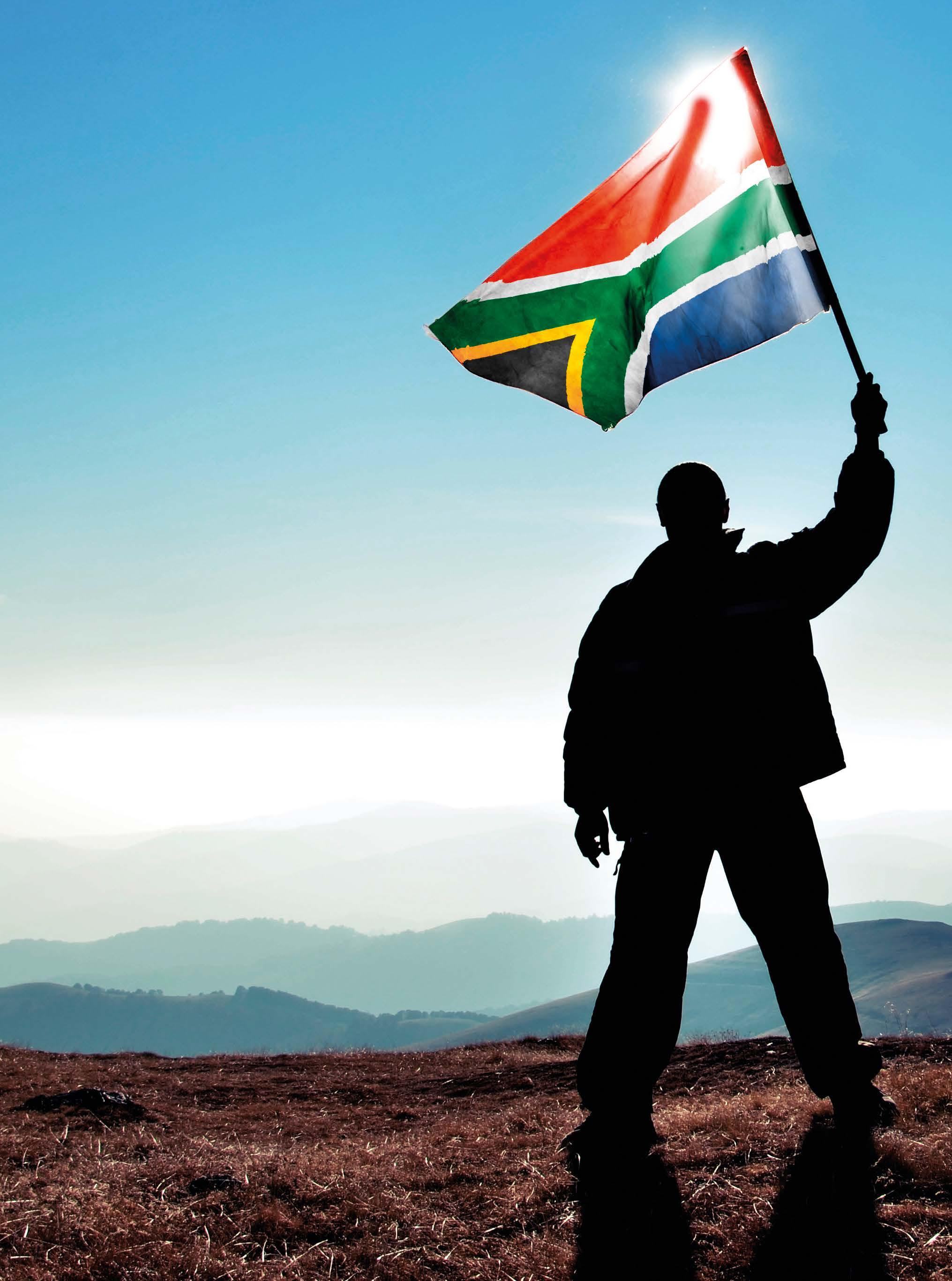
Zulu One of the most widely spoken languages of South Africa, Zulu is also spoken further north in places like Botswana and it is estimated that up to 10 million people are native speakers of this melodious language. It is also the most commonly spoken language in South Africa. Although not documented until the mid-1800s, Zulu has a fascinating history.
It’s classified as part of the Nguni family of languages and makes use of various clicks, though not as many as Xhosa. Insila kaShaka by John Dube was the first novel written in Zulu in 1930, but the first document that appeared in Zulu was a Bible translation in 1883 by a Norwegian missionary, Hans Shreuder. There is a vast difference today between standard Zulu and urban Zulu.
In fact, in a conversation with my son’s best friend (himself a proud descendent of the Zulu nation), he mentioned it was easier to pass
Afrikaans than Zulu at school because it was so far removed from the everyday (or urban) Zulu that he speaks at home and with his friends.
— USEFUL ZULU PHRASES —
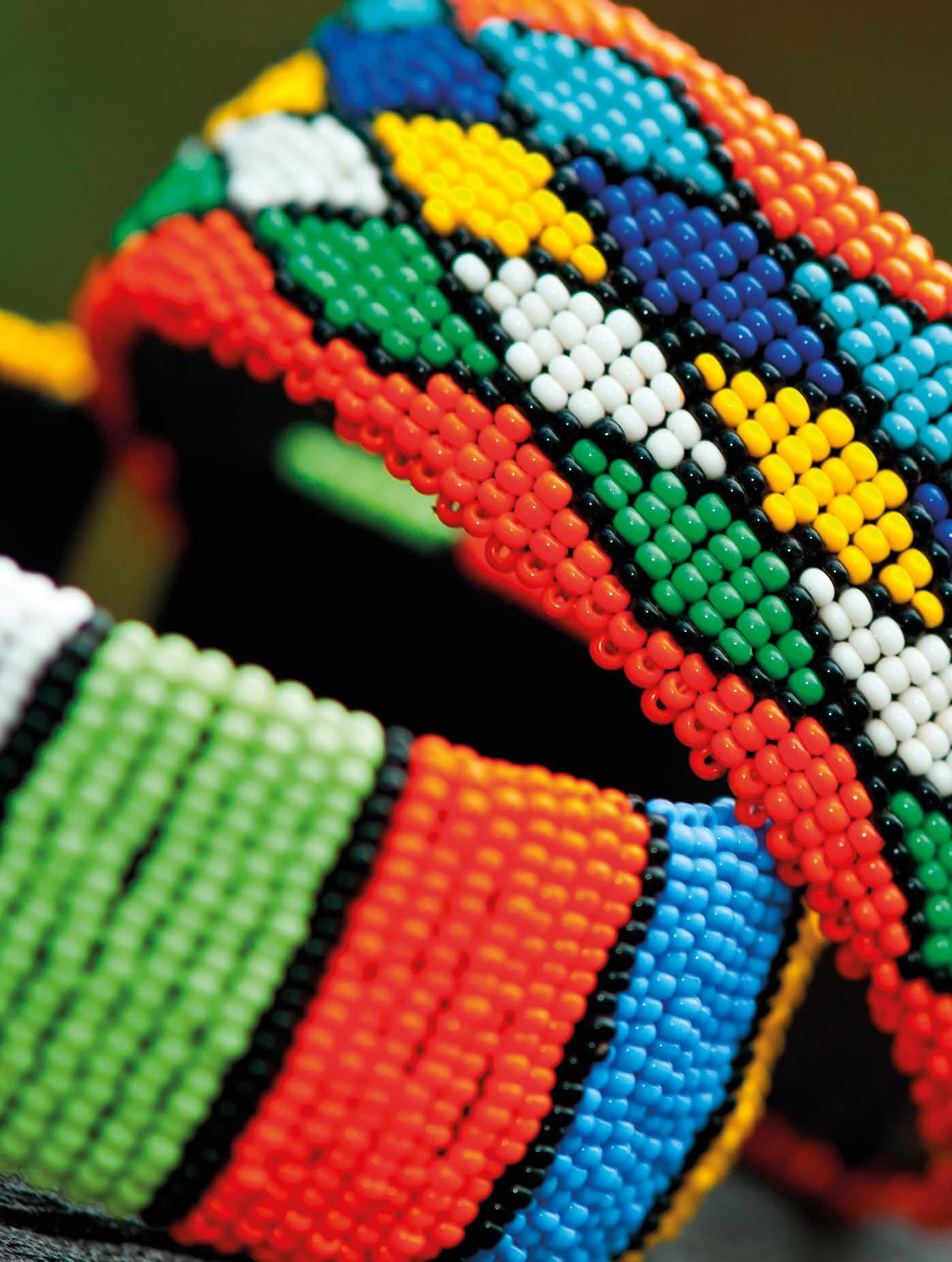
Sawubona
Hello Lala kahle Good night Ungathanda ukudansa nami? Would you like to dance with me? Ngisaqala ukufunda isiZulu I’ve just started learning Zulu
Photographer jbor Xhosa There are few people who have heard the The Click Song and not been moved. It’s a stunning show of linguistic prowess as Miriam Makeba takes us on a journey of every click sound we can possibly imagine. It’s a traditional song, sung at weddings to bring good luck to the happy couple.
Some 7.6 million South Africans speak this fascinating tonal language (a word with the same spelling can have varying meanings depending on the rise and fall of tone).
It is estimated that 15% of the language has in fact been derived from the traditional Khoisan languages, hence the many and varied clicks.
The opening stanza of the hauntingly beautiful South African anthem was originally a Methodist hymn, written in Xhosa, by Enoch Sontonga in 1897. Predominantly spoken in the Eastern and Western Cape, one of South Africa’s most revered children, Nelson Mandela, was himself Xhosa.

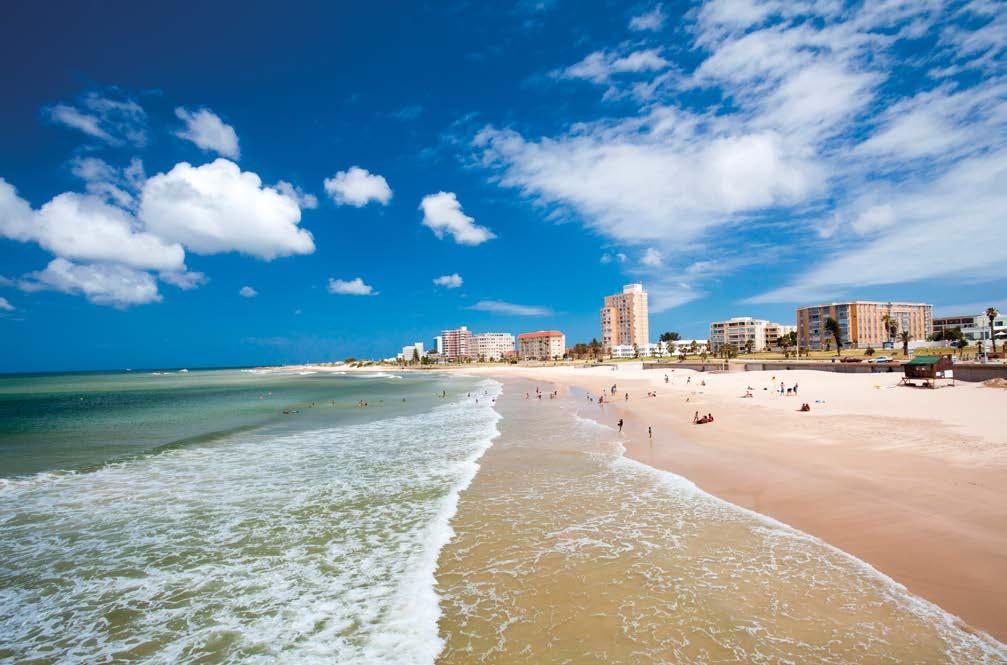
— USEFUL XHOSA PHRASES — Nceda uthethe ngokucothisa Please speak more slowly Lo mfana uzakubhatala yonke into This gentleman will pay for everything
Andiva
I don’t understand
Afrikaans
One of the worlds’ youngest creole languages, Afrikaans is a daughter language of Dutch, brought to South Africa in the 1600s by settlers. Currently it’s spoken by about 13% of the population and has the widest distribution across race and geography of any language in South Africa.
Afrikaans is well known for being an extremely expressive language. This is in no small part due to the guttural nature of the pronunciation as well as the blending of words from other languages. It truly is a language reflective of the melting pot of cultures we have in South Africa.
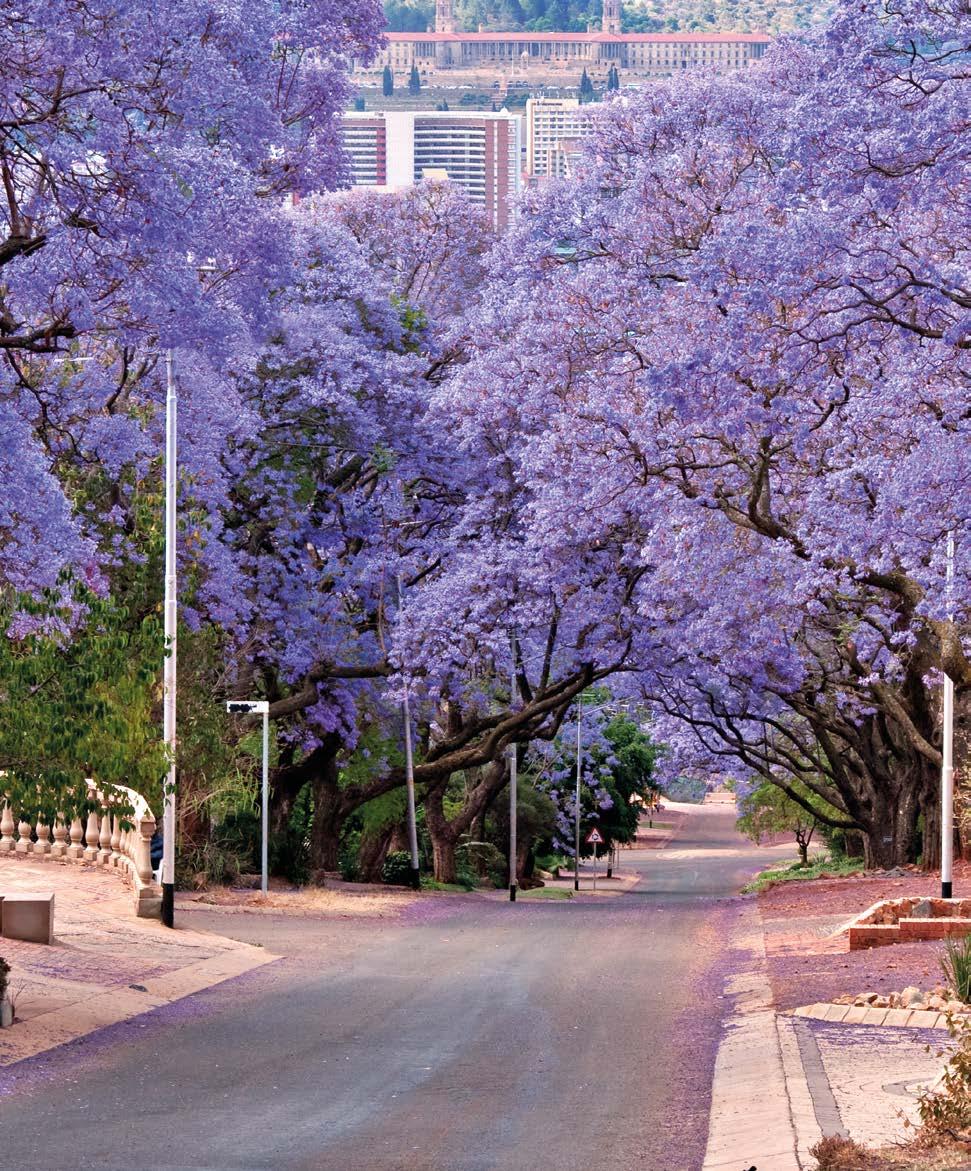
— USEFUL AFRIKAANS PHRASES — Voetsek Go away (generally derogatory) Nou sit ons met die gebakte pere Now I’ve ended up with your problem Pantoffels Slippers Tjank soos ‘n hond Cry like a dog
Northern
Photographer Gil.K
Photographer Robyn Gwilt Sotho Spoken predominantly in Gauteng, Mpumalanga and the Polokwane region of Limpopo, this language has just over 4 million South African speakers. I have long loved the musicality of this language, stemming, I think, from a story I was read from a young age about the spiritual matriarch of this language, Queen Modjadji (the Rain Queen). It’s extremely close, linguistically, to Southern Sotho and Tswana, divided more by culture than by language.
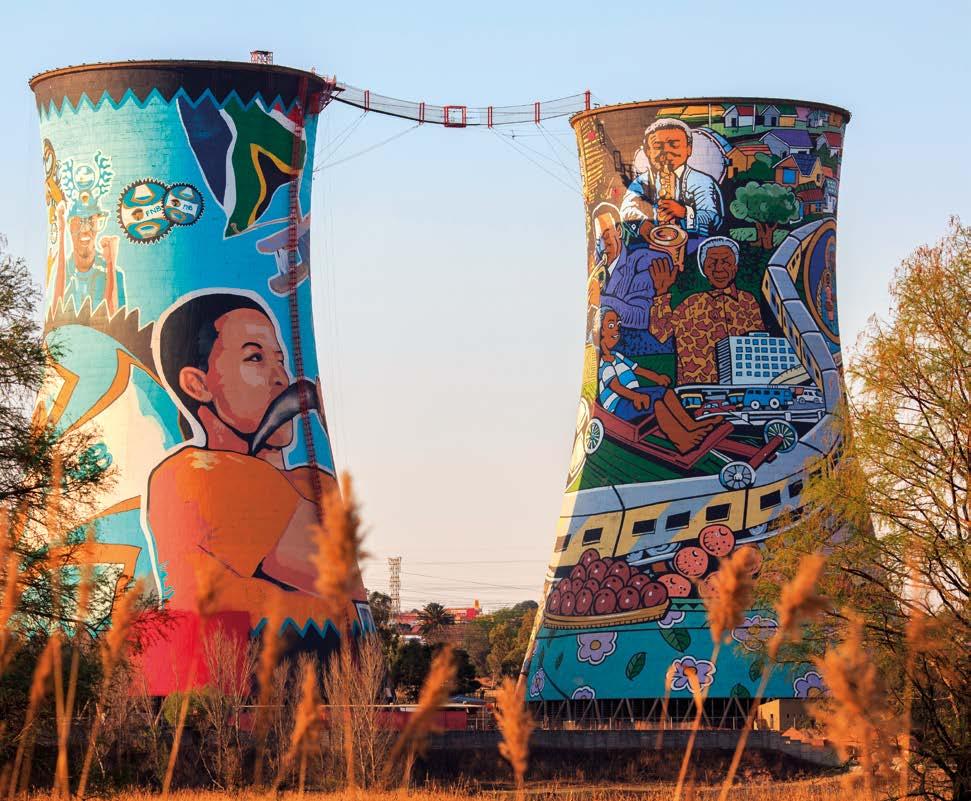
— GOOD TO KNOW –
Mošupologô Labobêdi Laboraro Labonê Labohlano
Monday Tuesday Wednesday Thursday Friday Mokibêlô Saturday Sôntaga (or Lamorêna) Sunday
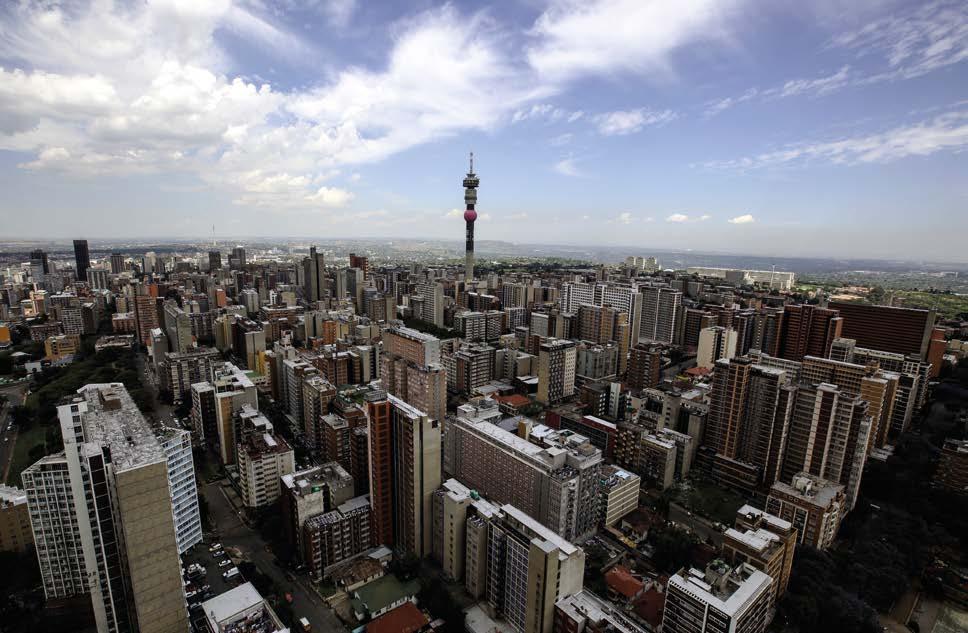
Photographer Daleen Loest
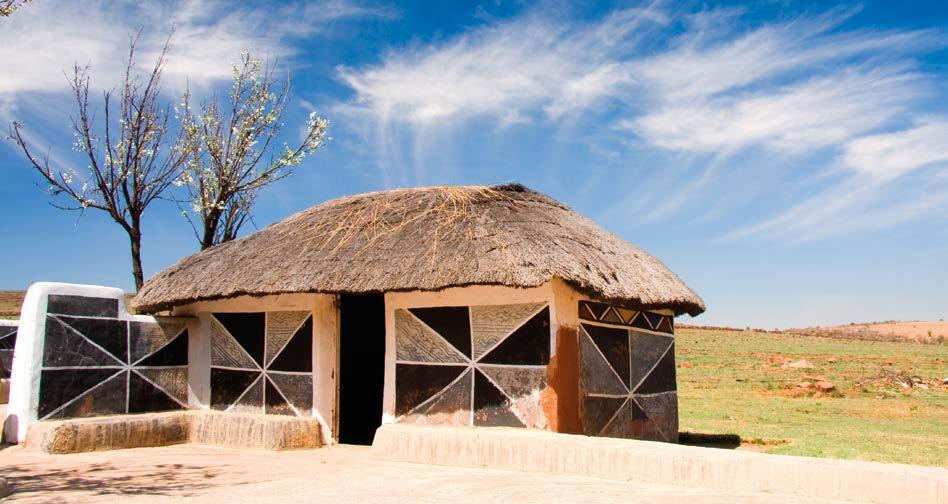
Photographer Inna Felker — USEFUL NDEBELE PHRASES — Sikhathi bani nje? What is the time now? Ngiyathokoza Thank you Iba netjhudu Good luck
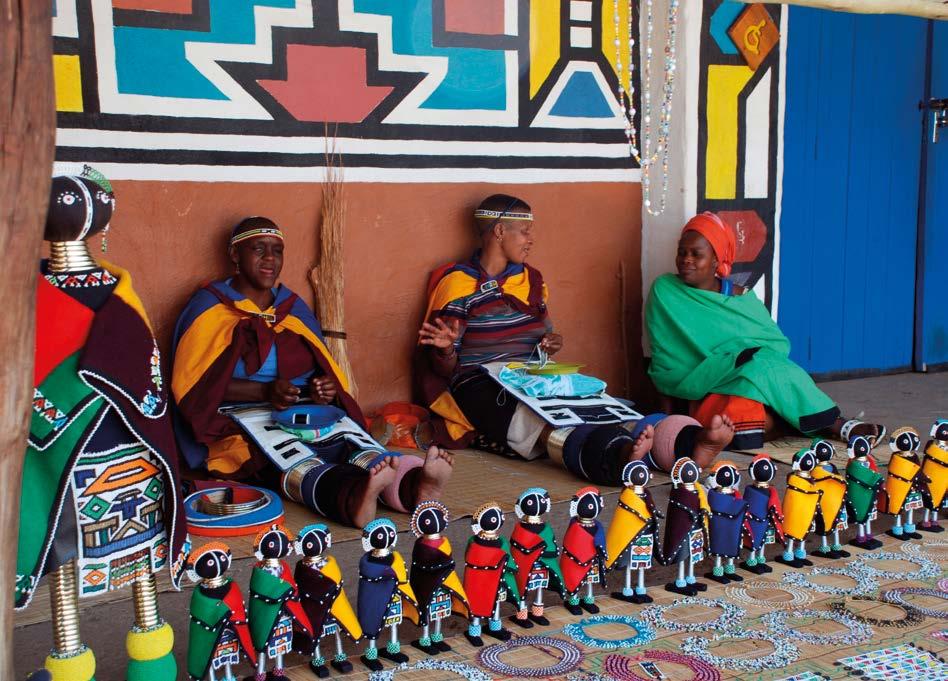
Southern Sotho
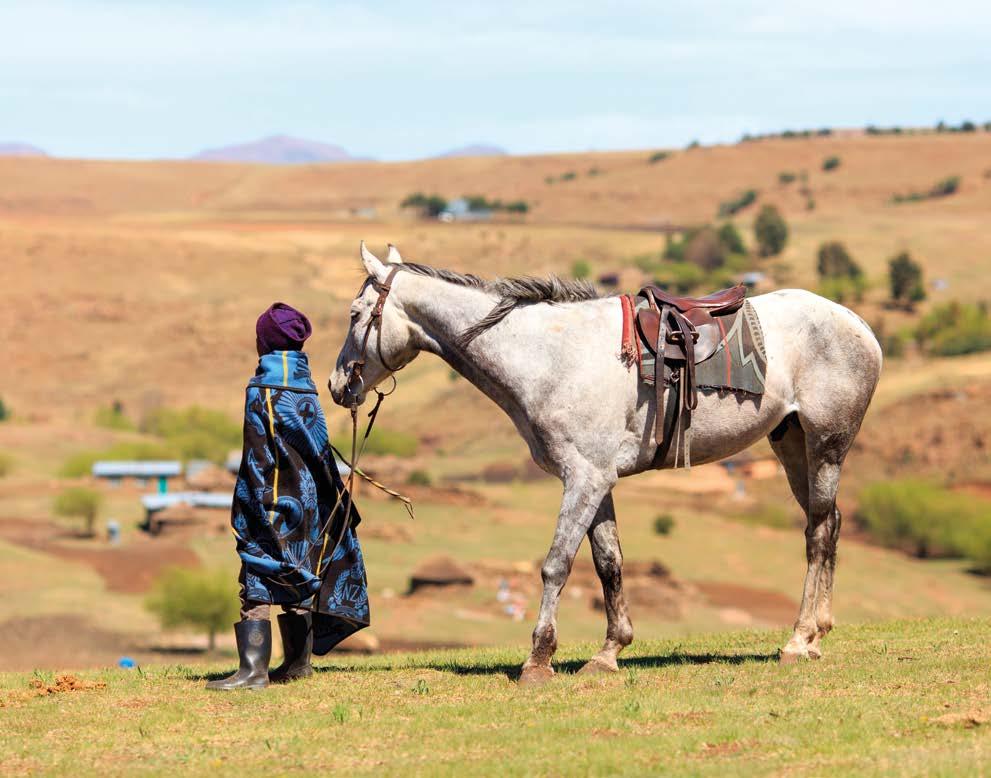
This is the official language of not one, but two countries. Lesotho and South Africa, where up to 8% of the population speak it.
Southern Sotho is one of the primary contributors to “Tsotsitaal” a unique urban slang (though not a language) spoken predominantly in Southern Gauteng townships, and the dominant language of kwaito music.
— USEFUL SESOTHO PHRASES — Ho hata kwekwe To walk gracefully O dilemo tse kae? How old are you? O dula kae? Where do you live?
Hlokomela!
Watch out! Ndebele There is a great phrase which means the “Ndebele way of doing or saying”, isikhethu. Before Ndebele was officially recognised, people were discouraged from speaking this Nguni language publicly. The majority of Ndebele speakers rather used Zulu, which was used as an educational language. It’s a tonal language and sentences are made up primarily of nouns.
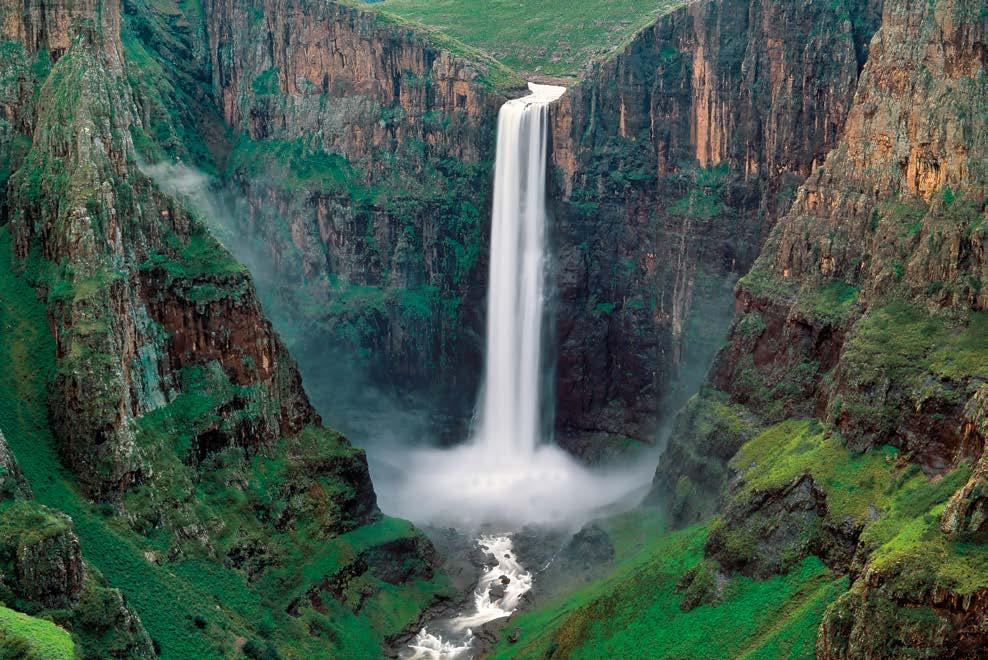
Photographer Gil.K
Photographer Leksele
Tswana
The kissing cousin of both Northern Sotho and Southern Sotho (Sesotho), Tswana is the official language in Botswana. My Dad is from there, so I grew up hearing him speak this language, and watching baffled expressions turn to ones of delight when people realised that he could converse with them fairly fluently in their own language. It’s a widely spoken language with most South Africans understanding it due to its close association with the Sotho languages, and is spoken predominantly in the North West province which borders Botswana.
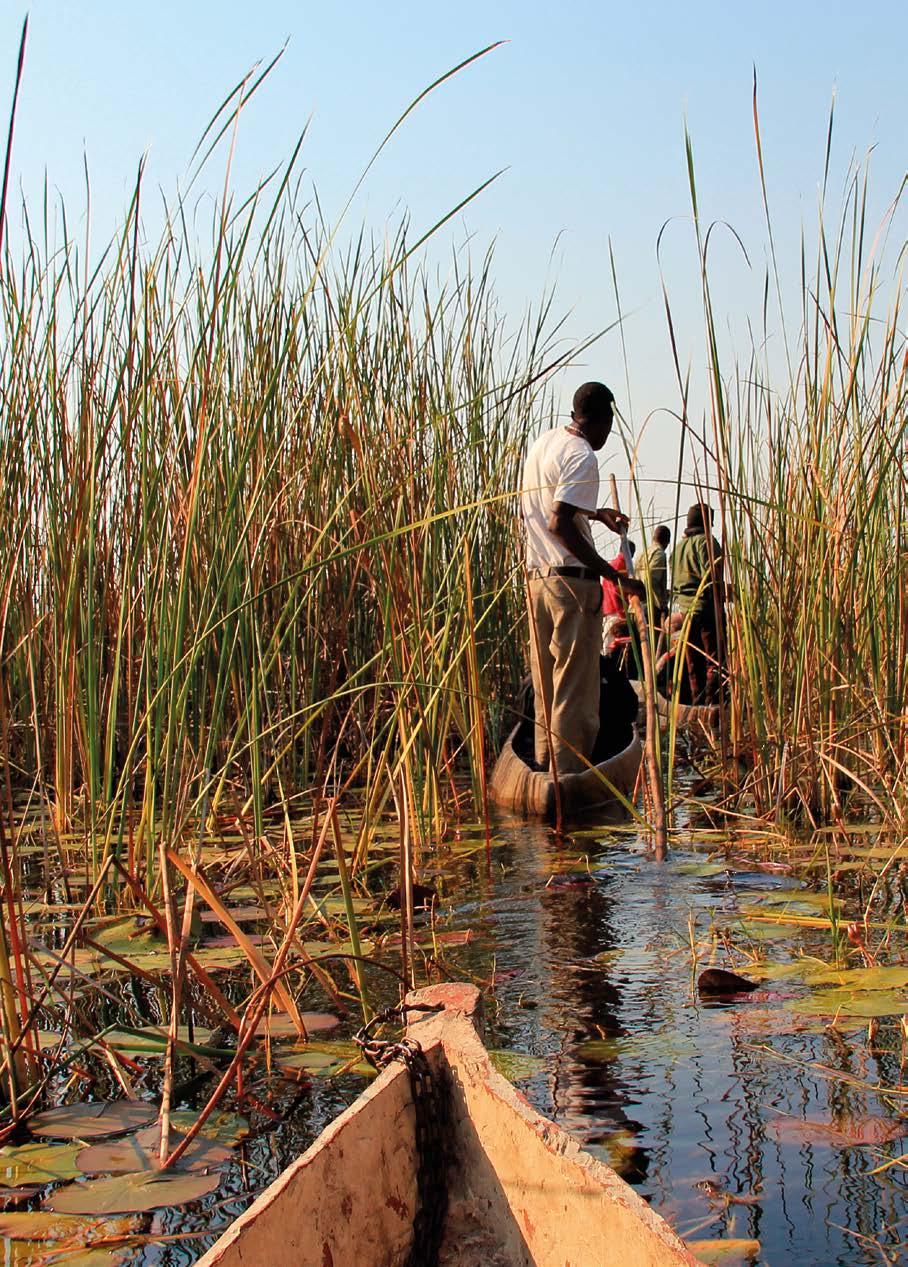
— USEFUL TSWANA PHRASES — o bua Tswana You speak Tswana Pholo e ntle! Cheers (toast when having a drink) Mokoro wa me o tletse ditlhapi My hovercraft is full of eels
Laleme le le lengwe ga le a lekanela
One language is never enough
Photographer Andaman
Venda
As a written language, Venda uses the Latin alphabet, and is only spoken by about 2% of the South African population, making it one of the minority groups in South Africa. It’s closely related to Kalanga (Western Shona, completely different to Shona) and is an official language of Zimbabwe. During apartheid-era South Africa, the Venda homeland was created in the northeastern part of Limpopo and, in the 1970s, Venda had some of the least educated citizens of any of the South African homelands. As the SA government was desperate to get the inhabitants to accept their homeland, it used education as a bargaining tool, resulting in a sharp increase in education and literacy in the area, and ultimately one of the most educated groups to come out of any of the homelands in 1994.
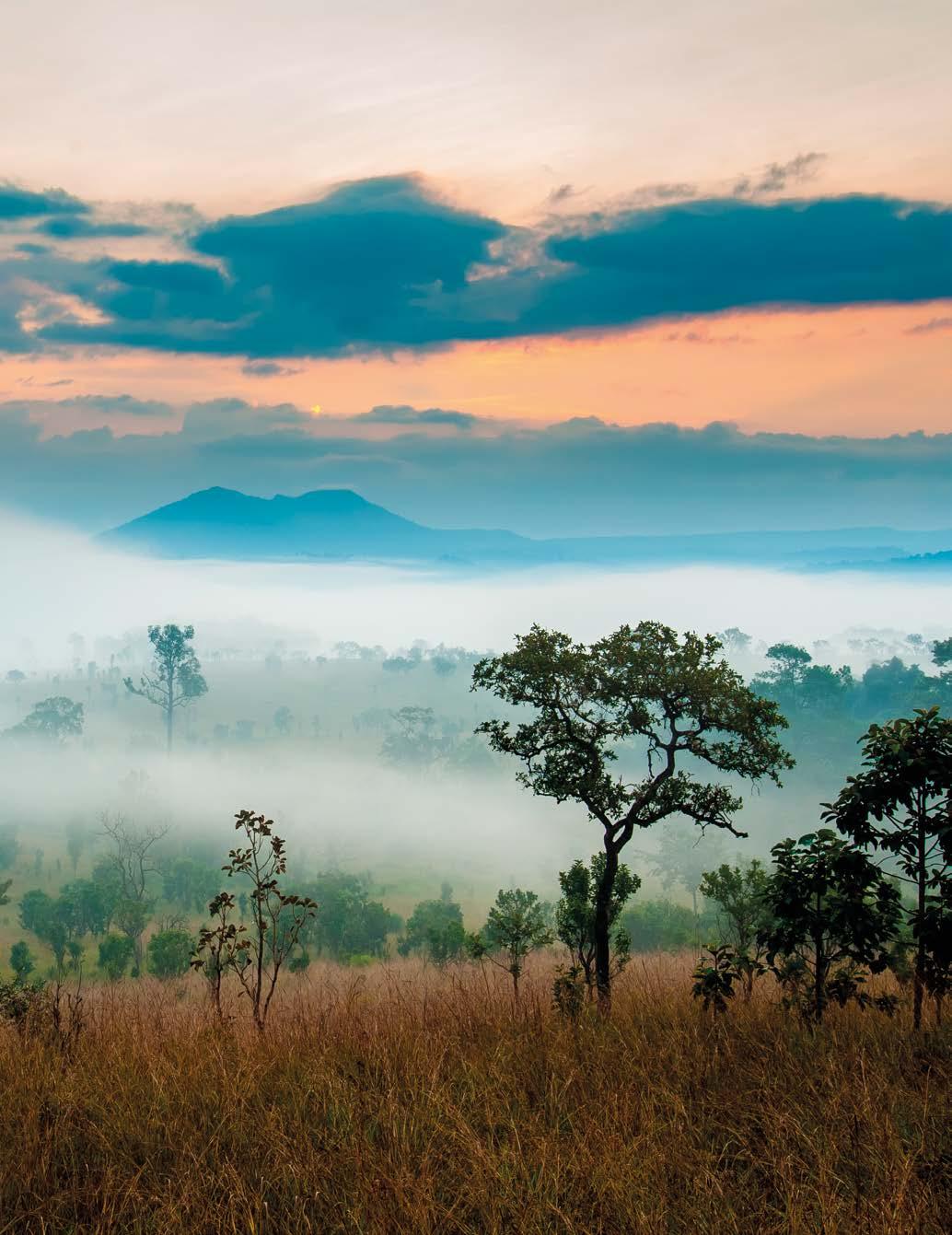
— USEFUL VENDA PHRASES — Ndi khou humbela pfarelo I am sorry Tshiimo tsha shishi Emergency Fumi Ten Vha khou ya ngafhi? Where are you going?
Tsonga
My favourite Tsonga phrase “I malebvu ya nghala” literally translates to “It’s a lion’s beard” and means things often look Photographer Vadim Petrakov more frightening than they are in reality. It has a great sound, Photographer Ulrich Mueller rolling off the tongue. Tsonga is one of the few African languages with no clicks (geographically the Tsonga wouldn’t have come into contact with the San people who contributed so much to the indigenous languages of South Africa – including the clicks). It’s spoken in four countries (South Africa, Mozambique, Swaziland and Zimbabwe) and is an official language of Zimbabwe and South Africa. — USEFUL TSONGA PHRASES —

Khombo
Danger Ndza ku rhandza I love you Xana i mali muni? How much is this?

Photographer Urosr
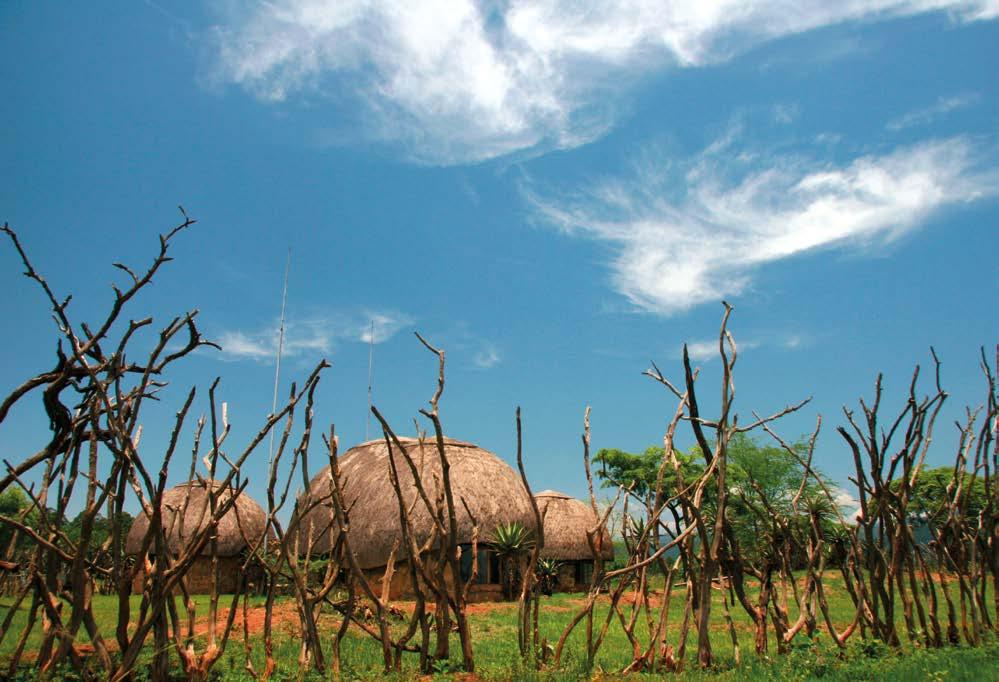
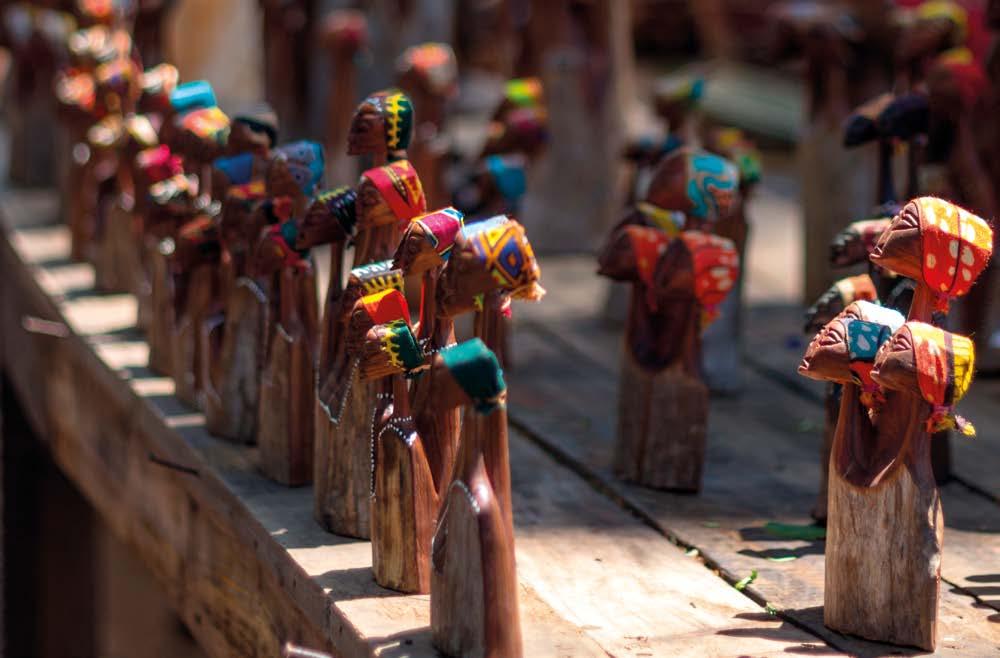
Swati
Another branch of the Nguni language, Swati is spoken by about 1.5 million people across Swaziland and South Africa and is the closest to Zulu of all the indigenous languages. It’s spoken predominantly in Mpumalanga, which borders Swaziland, and English speakers tend to refer to this language as Swazi.
— SWATI PHRASES — lusuku lwekutalwa loluhle Happy Birthday Ngiyacolisa I am sorry Wentani? What are you doing?
Common South African
Even with these 11 official languages, South Africans feel they need more, and as such we have developed a unique language all our own.
Ag shame! This actually has a few uses. It describes how simply adorable something is (as in “Ag shame, did you see the little girl on America’s Got Talent last night? Only five years old.”) It can also mean that you take pity on someone as in “Ag shame, she caught her husband naked with the pool guy.”
Bakkie – buck-key: What you may call a pickup truck in other countries. Biltong: One of our national snacks, it’s a spiced, dried meat usually made from beef (though ostrich and game meat isn’t uncommon). America tried to make something similar, it’s called jerky, but it’s not a patch on this. Ag shame! Bladdy: This is the SA version of “bloody”. Boet: Strictly meaning brother it also refers to any comrade-in-arms (see also Bru) Boerewors – boo-rah-vors: A kind of sausage, made using ground meat and select herbs and spices. Very popular to braai, and eaten like a hotdog. Braai – brr-rye (rolling r): Everyone else calls it a barbecue. They’re doing it wrong. It involves a lot of standing about chatting about rugby and/or soccer, and beer drinking. Bru: A form of brother, meant more for a friend.
Check: To look at or investigate something.
phrases
you will need to know.
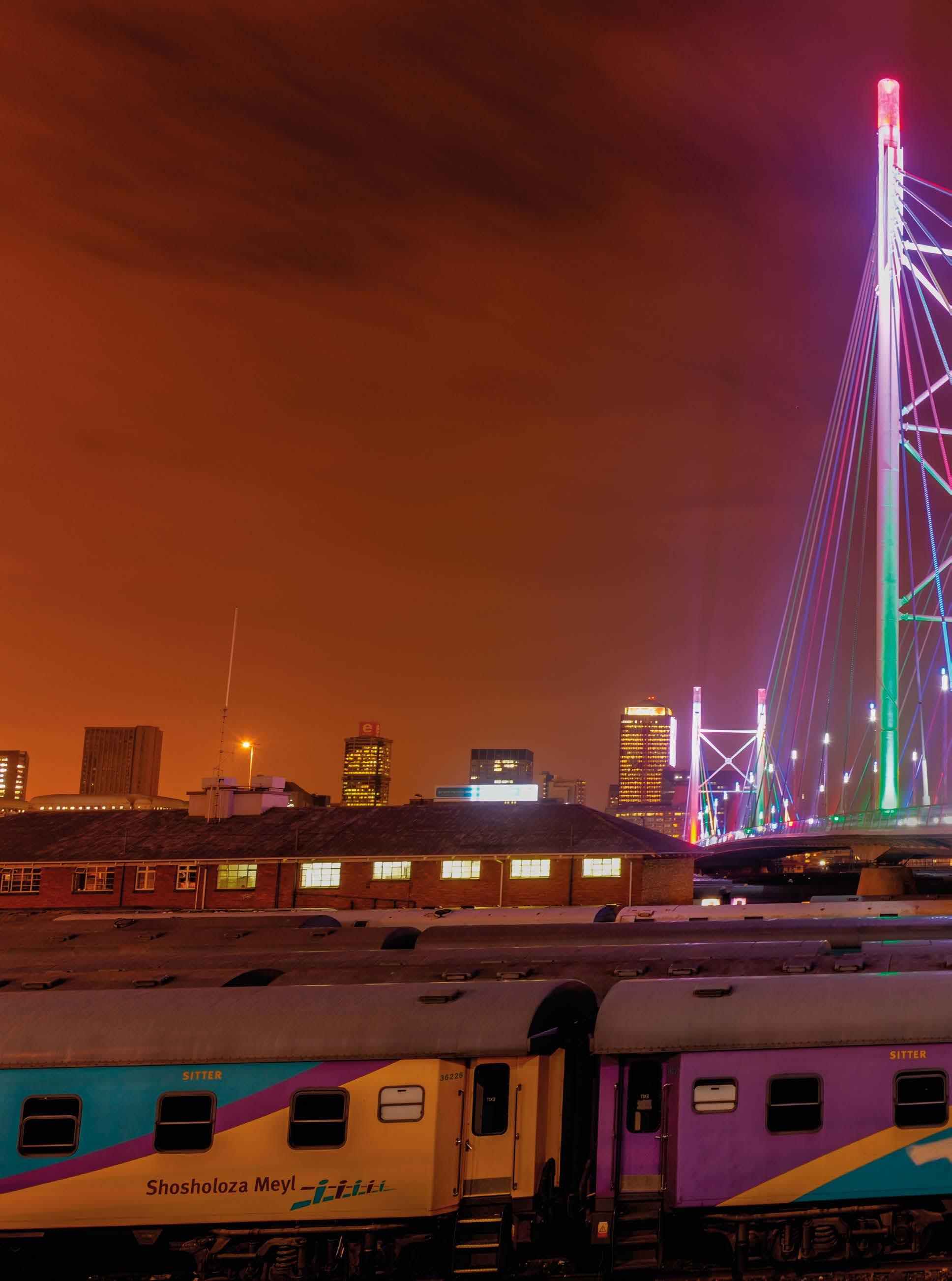
Dof: Stupid or silly. Dorp (or dorpie): A rural, small town. Doss: To sleep.
Eina – ay-na: Ow, or to express pain at something. Eish – aysh: This is a great South African word. It means everything. It expresses admiration, exasperation, contempt. It really is the jack-of-alltrades for words!
Gatvol – ghut-foll (roll the g’s as you do for Germanic languages):
Again a great South African word meaning “I’ve had enough”. Graze: Eat, but for humans!
Hectic: Denotes amazement at something, also shows extremity of a situation. Hey: Another multi-use South Africanism. It’s used to get someone’s attention, as a greeting, as a not-so-friendly greeting, and as a term of agreement. Howzit: The famous South Africanism meaning “hello” and “how are you?” all in one! Izzit: Is it? Used to show surprise or amazement at something.
Ja – yah: Yes Jislaaik – yis-like: This word is used to show surprise. Jol – jo-rl: Used interchangeably to describe a party and a great time. Just now: Ahh the famous South African “just now”. This could mean 30 seconds or three days. It simply means “I will do it, when I am good and ready”. No two just-nows are the same!
Kak – kuck: This literally is an expression of excrement. But it’s used to describe a situation, or when one is talking nonsense. Kif (or kiff or kief): Cool, lekker, nice, e.g., That was a kif jol last night. And, I just bought a kif pair of takkies. Koeksister – cook-sister: This dessert is made of deep-fried dough dipped in syrup. It’s amazingly delicious and a staple of the traditional Afrikaans teatime. Klap – klup: A greatly descriptive word meaning to hit someone or something. Often used in the context of a warning.
Lank: Meaning very or extremely. Larny – larn-nee: Fancy in the extreme. Lekker – lack-err: Again a multi-use descriptive word used to say that something is fun, delicious or just nice.
Mal – mull: Mad or insane. Moer – moe-rr: Meaning to beat up. Muti – moo-ti: A word nearly all South Africans grow up with, muti describes medicine. It can also mean the “prescription” or ingredients used by a traditional healer.
Nooit – noyt: Meaning never, and again used for emphasis. Now now: Used in the same context as “just now” although it tends to mean a little sooner.
Oke – oak: A guy (like boet). Oom: Uncle, used as a sign of respect in many cultures, for an older gent.
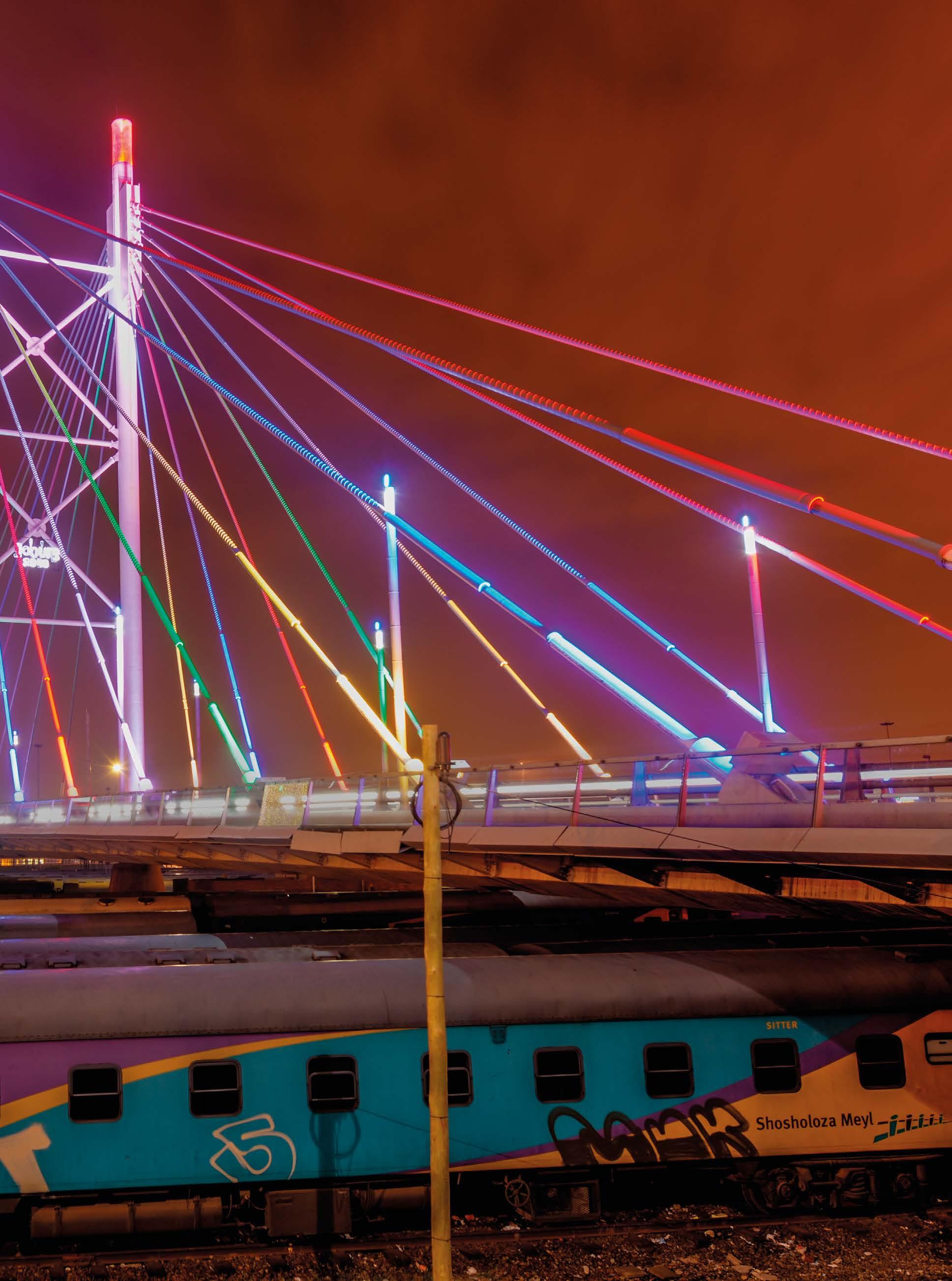
Padkos: Snacks for a road trip. Pap – pup: A maize based porridge.
Robot: Traffic light. Rock up: To arrive somewhere.
Sangoma – sun-go-mah: Traditional healer. Scale: To steal something. Scaly: A disreputable person. Shebeen – sha-been: A (generally illegal) pub. Often in the townships. Shot: Meaning thank you. Sies (sis): Yuck. Sjoe – shoe: Another expression of generalised amazement. Skinner: Gossip.
Skollie – skoh-lie: A criminal type person. (see also Tsotsi). Sommer – soh-mer: Just because. Slap chips – slup chips: French fries. Sosatie – soh-sah-ti: Kebab.
Takkies – tack-keys: Sneakers, sports shoes. Tannie – tunnee: Aunt, but used in many cultures as a respectful term for an older woman. Tassies – tus-sees: Super-cheap red wine called Tassenberg, favoured by students and anyone hard up for cash. Tsotsi: A criminal or person of ill-repute.
Vetkoek – fet-cook: Another South African dish, which is made of dough, deep-fried and either filled with mince or something sweet. Voetsek – foot-sack: A disrespectful way to tell someone to go away. Voetstoets – foots-toots: Meaning to sell something as is with no obligation on the part of the seller. Vrot: Off or rotten. Also used to denote extreme drunkenness. Vuvuzela – voo-voo-zeh-lah: A trumpet-like device used in sports (often soccer).
Woes – voos: Extremely angry.
Yebo – yeah-boh: Yes. Yo – yoh: An exclamation of surprise or horror. Yussus – yuh-siss: An exclamation of surprise or horror.










